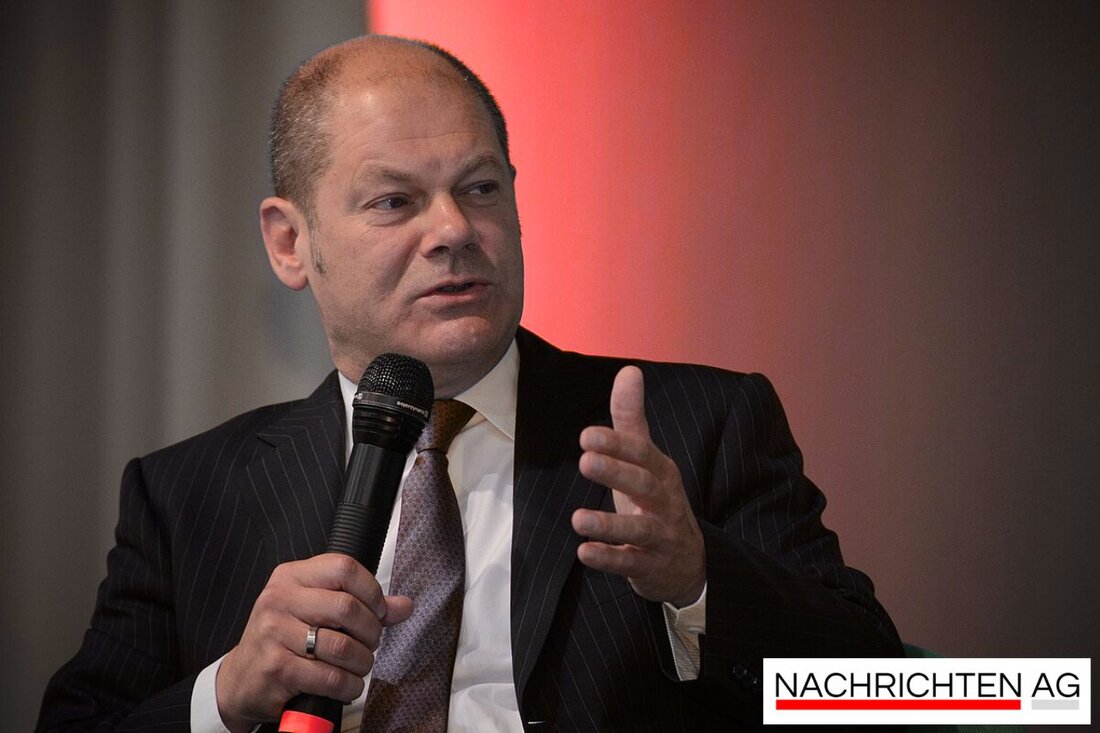Wolf Summit in Brandenburg: Shooting quota for wolves in focus!
Discussion about the wolf shooting quota in Brandenburg: Environment Minister Mittelstädt and the state hunting association are pushing for solutions.

Wolf Summit in Brandenburg: Shooting quota for wolves in focus!
An intensive debate is currently taking place in Brandenburg about the future hunting of wolves. In particular, the possible introduction of a general shooting quota is being discussed. The focus is on the Wolf Summit, which was recently held in Potsdam. Environment Minister Hanka Mittelstädt (SPD) emphasized that the atmosphere at the summit was constructive, while Dirk-Henner Wellershoff, President of the State Hunting Association, said that he was dissatisfied with how the summit went. The discussions show that targeted shooting of wolves is more likely in certain “intervention areas”, especially in areas with frequent wolf attacks on grazing animals. According to rbb24, many participants favor this measure.
A central point of the discussion is the working group that was formed to discuss the pros and cons of hunting. The goal is to include wolves in state hunting law by the end of 2025. Axel Kruschat, regional director of BUND, is critical of increased hunting and emphasizes the ongoing protection of wolves. Jonas Scholz, chairman of the state sheep breeding association, is less skeptical and hopes for long-term financial support for protective measures. These perspectives reflect the different interests that come together when hunting wolves.
Conflicts of Interest and Popular Opinions
At the wolf summit, Gregor Beyer, the former State Secretary for the Environment, called for a shooting rate of 15 to 35 percent, while estimates of the wolf population in Brandenburg vary greatly. While Beyer puts the number at up to 1,600 animals, the State Environment Agency considers the number to be only 500. This raises questions about the accuracy of the data and the underlying conservation status.
The political debate about the protection status of the wolf in Germany is currently being criticized by several leading nature conservation organizations. These warn against prematurely declaring a “favorable conservation status” of the wolf population. Lovis Kauertz from Wildlife Protection Germany emphasizes that such a statement could contradict the scientific facts. Favorable conservation status is a complex criterion of the Habitats Directive that goes far beyond the number of individuals and includes criteria such as long-term viability and genetic diversity. This situation is currently not considered to have been achieved in Germany, which leads to further tension in the debate, as reported by wildbeimwild.com.
Conclusion and outlook
The dispute over wolves in Brandenburg illustrates the conflict between nature conservation and agricultural interests. The shooting quotas and the legal framework are crucial issues that could redefine the relationship between humans and nature. It remains to be seen whether the goal of including wolves in state hunting law will be achieved. The different perspectives of those involved – from nature conservation organizations to hunting associations to animal owners – illustrate the complexity of the situation.
Amid these debates, the question remains how the wolf population will develop in the coming years and what protective measures are necessary to balance both animal welfare and the interests of grazing livestock farmers. A forward-looking and legally secure approach to dealing with wolves in Brandenburg is essential in order to find a viable solution.

 Suche
Suche
 Mein Konto
Mein Konto
